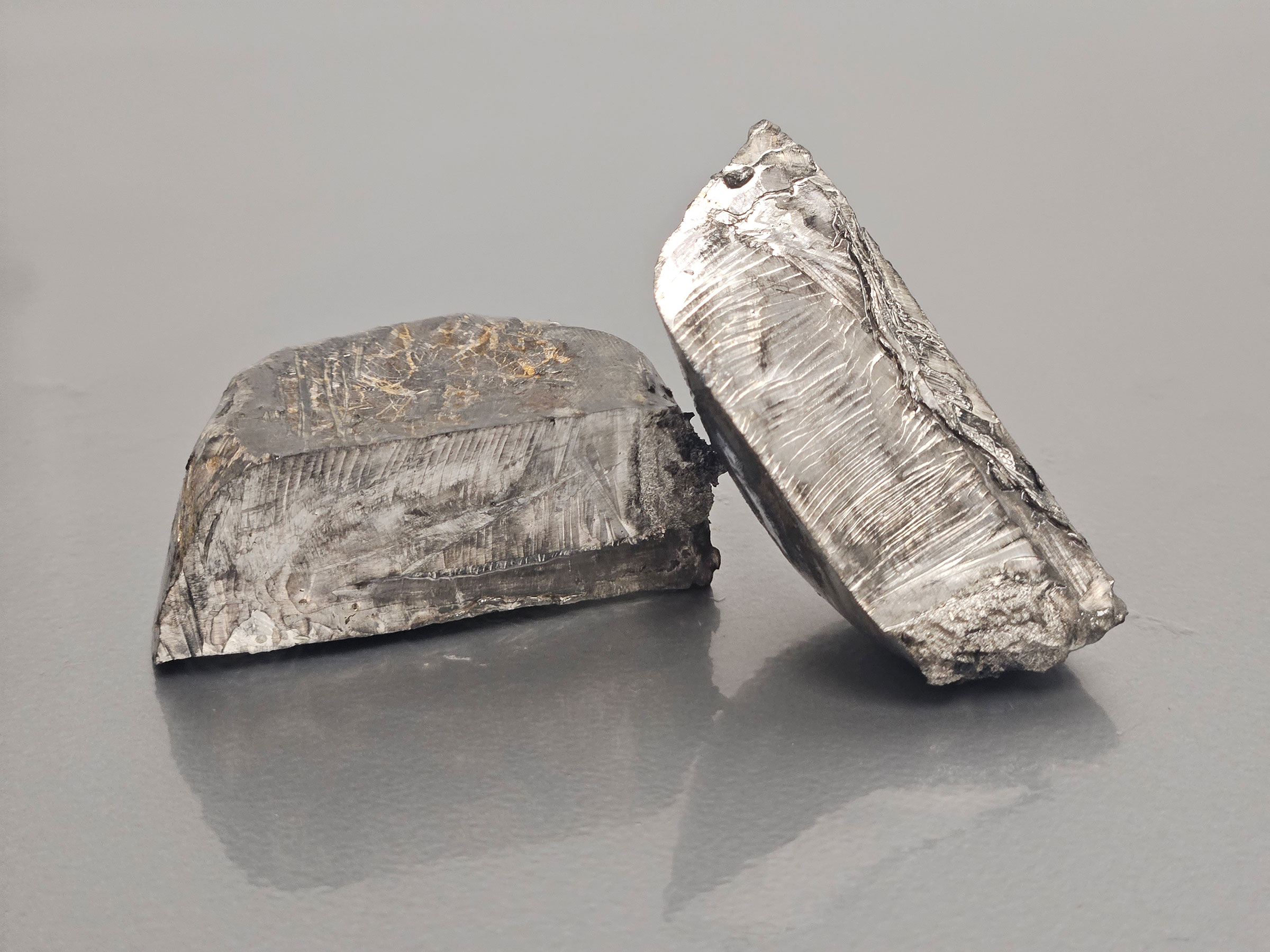These are independent reviews of the products mentioned, but TIME receives a commission when purchases are made through affiliate links at no additional cost to the purchaser.
Electric vehicles need lithium batteries, which means the world needs more lithium metal to power the EV transition. Today, the main way you make lithium metal is to convert it from lithium chloride, but this chemical compound is scarce and emits eco-harmful chloride gas. Li-Metal’s breakthrough uses a molten salt bath to convert lithium carbonate (far more abundant than chloride) into lithium metal, which can be used to build next-generation batteries that power air taxis, drones, and long-range EVs. Li-Metal co-founder Maciej Jastrzebski says that while there’s only enough lithium chloride to produce 150,000 EVs a year with next-gen batteries, “you have enough lithium carbonate to make millions of cars.”
More Must-Reads From TIME
- The 100 Most Influential People of 2024
- How Far Trump Would Go
- Why Maternity Care Is Underpaid
- Scenes From Pro-Palestinian Encampments Across U.S. Universities
- Saving Seconds Is Better Than Hours
- Why Your Breakfast Should Start with a Vegetable
- Welcome to the Golden Age of Ryan Gosling
- Want Weekly Recs on What to Watch, Read, and More? Sign Up for Worth Your Time
